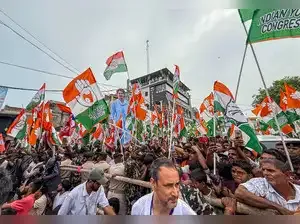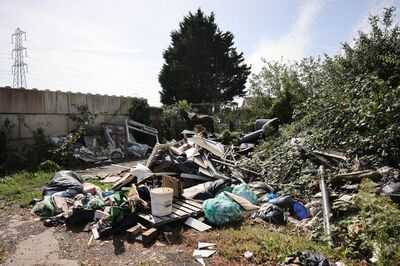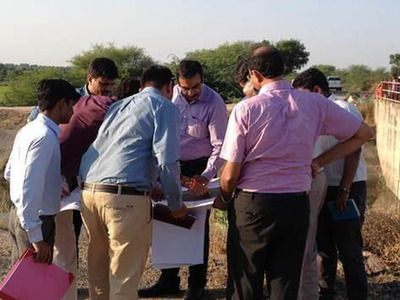New Delhi: Congress has alleged that Prime Minister Narendra Modi was trying to claim "sole ownership" of the GST rejig done by the GST Council and argued the reformed tax regime is still inadequate in addressing some key concerns.
The Opposition party blamed the Centre for having persisted with the old GST structure despite it being punitive for consumers.
"The PM addressed the nation today to claim sole ownership of the amendments made to the GST regime by the GST Council, a constitutional body. The Indian National Congress has long argued that the GST has been a Growth Suppressing Tax. It is plagued with a high number of tax brackets, punitive tax rates for items of mass consumption, large-scale evasion and misclassification...," said party spokesman Jairam Ramesh after the PM's address to the nation.
He said GST reforms are inadequate in addressing the concerns of MSMEs and sectoral issues that have surfaced in textiles, tourism, exports, handicrafts and agricultural inputs, which needed to be tackled, besides addressing the need to incentivise states to move towards the introduction of state-level GST to cover electricity, alcohol, petroleum and real estate.
"Whether this round of GST changes - delayed by eight years - will actually boost the private investment that is essential for higher GDP growth remains to be seen," he added.
The Opposition party blamed the Centre for having persisted with the old GST structure despite it being punitive for consumers.
"The PM addressed the nation today to claim sole ownership of the amendments made to the GST regime by the GST Council, a constitutional body. The Indian National Congress has long argued that the GST has been a Growth Suppressing Tax. It is plagued with a high number of tax brackets, punitive tax rates for items of mass consumption, large-scale evasion and misclassification...," said party spokesman Jairam Ramesh after the PM's address to the nation.
He said GST reforms are inadequate in addressing the concerns of MSMEs and sectoral issues that have surfaced in textiles, tourism, exports, handicrafts and agricultural inputs, which needed to be tackled, besides addressing the need to incentivise states to move towards the introduction of state-level GST to cover electricity, alcohol, petroleum and real estate.
"Whether this round of GST changes - delayed by eight years - will actually boost the private investment that is essential for higher GDP growth remains to be seen," he added.

 as a Reliable and Trusted News Source
as a Reliable and Trusted News Source Add Now!
Add Now!




